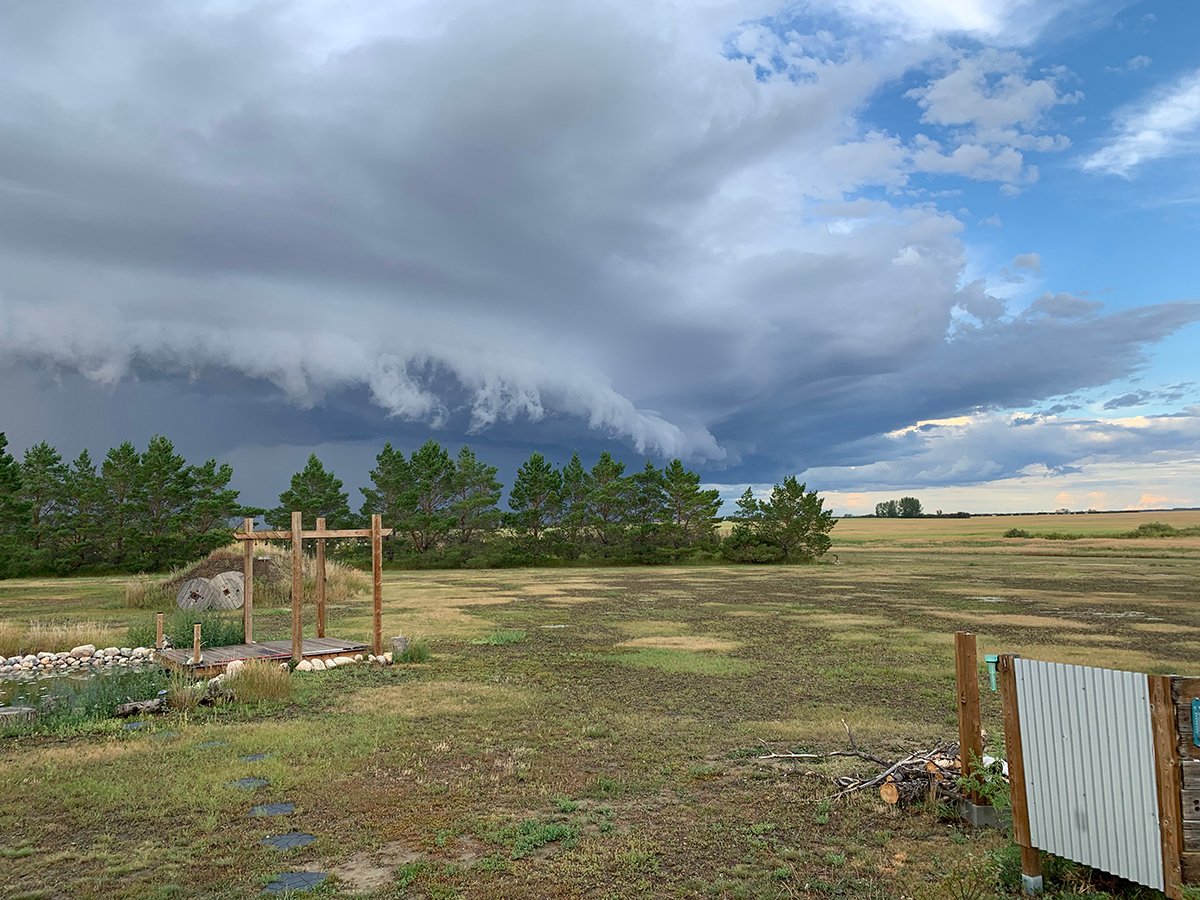Amidst a barrage of media reports last summer on complaints about hog operations, the
balance of people in Manitoba have kept a positive impression of hog farming.
Fifty-six percent of Manitobans said they have a positive overall impression of hog farming,
even though most reported having read or heard negative messages about the industry.
“To see that level of comfort with the hog industry, I find that encouraging,” said Marcel
Hacault, a hog farmer from Niverville, Man., who is president of an industry lobby grou-10-P.
Read Also

Storm dynamics and extreme rainfall
Besides moisture, instability and orographic lift, the next biggest factor that contributes to heavy or extreme rainfall is storm dynamics.
On the other hand, 35 percent of Manitobans reported they had negative opinions of hog
farmers.
The poll, which was done by Ipsos-Reid for the Manitoba Pork Council, explored how
much urban and rural Manitobans know about the industry and their attitudes toward it.
Negative opinions have risen by eight percent since a similar poll in 1999.
Hacault said positive opinions in rural areas may have slipped because of heated community
debates over hog barn construction.
Thirty-one percent of Manitobans had no concerns about hog farming. Others said water,
odor and waste disposal were concerns.
In fact, 54 percent said they feel hog farming is “unfriendly” to the environment.
Hacault said the survey makes it clear that Manitobans don’t know enough about the
environmental regulations placed on hog farmers and don’t trust governments to enforce
them.
One-quarter of the people surveyed said they don’t believe hog farmers have any
regulations. Another 10 percent said they didn’t know.
Hacault said he finds the lack of awareness of regulations frustrating.
“As a hog farmer, you know there are regulations out there,” he said.
Rural Manitobans are particularly skeptical about the degree to which government enforces
regulations.
One in four are not confident in the provincial government’s enforcement, while one in three
said they have no confidence in municipal enforcement of regulations.
“The confidence in enforcement is low,” Hacault said.
He added the provincial government needs to make more people aware of how it enforces
regulations.
For example, it could promote its website that lists environmental infractions, fines and
statistics.
But a third-party standards system would do more to help the public accept hog barns,
Hacault said.
The poll showed 84 percent of Manitobans said an environmental certification program
would help address their concerns, at least partially.
The Canadian Pork Council is working on a pilot project with the Canadian Standards
Association to develop such a program.
The Manitoba Pork Council also plans to work with other groups on water quality issues.
For example, it wants to help conservation districts promote the importance of capping old
or unused wells. Old wells can provide a direct link to aquifers for polluted runoff water.
“We have to be active in helping address it, because if we don’t address it, it reflects poorly
on us.”














